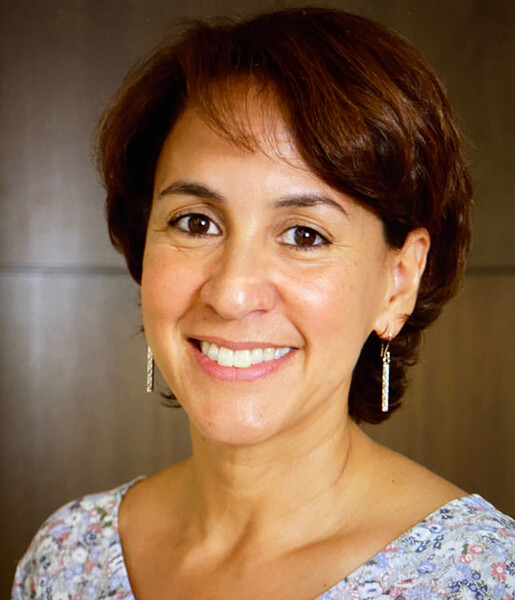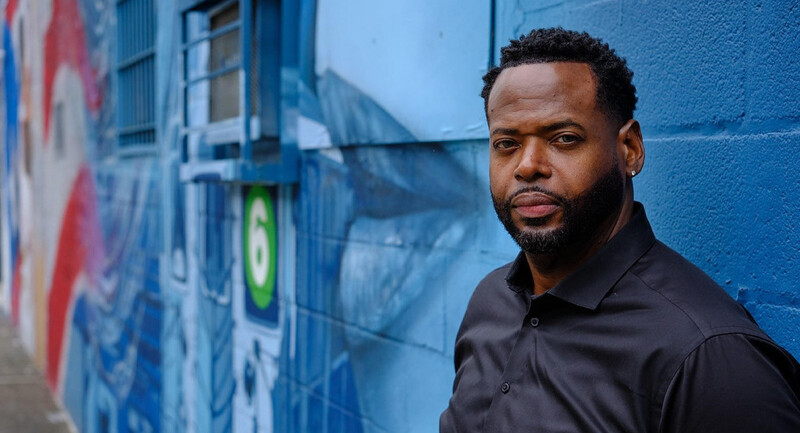Dr. Christina Kishimoto is a clinical professor of education at the University of Southern California. She most recently served as superintendent of the Hawai‘i State Department of Education, but left that post this summer to found a new company, Voice4Equity, which aims to support women aspiring to serve as superintendents. An advocate for inclusion, Kishimoto reflects on the importance of challenging systemic inequities and building strong relationships within district leadership.
Christina Kishimoto

What were the first moments that opened your eyes to the systemic challenges that women and people of color face in education and specifically in becoming leaders?
This has been a long journey. I grew up in the housing projects in the South Bronx in New York, in a school system that was really struggling during the 1970s with underfunding. As someone who was already in a family struggling with poverty, and then being in a school system that was underfunded, I could see the inequities, even as a child. So, I was interested very early on in what creates this disparity, and as I moved through my career into higher education, I became interested in public policy. I could see the data that showed how policies are written and what they focus on—and what the data show are the outcomes of poorly designed equity-based policies.
And even the process of interviewing for the superintendency shows the disparities right away. I think every search firm I dealt with were [led by] men, primarily white men. And that still is principally true. I had lots of situations in the beginning of my search for superintendency, and later in working with other women going through the superintendent search, of being told, “Oh, you're not quite right for this position,” and just not understanding what that meant. What it meant is gatekeeping by search firms, not putting women and women of color before boards, because a search firm thinks the board is not ready for someone like me. If you're not even given a seat at the table, then you miss a whole opportunity there. And those are hard biases to break through. But [doing that work is] so necessary, and that's why I'm where I am now.
What kinds of systemic obstacles exist for women, and women of color especially, once they reach leadership positions?
Well, I think it can catch you by surprise that, as a superintendent, now you're working with partners who are primarily white males; and a legislature, which is still across this nation, primarily white male; and then you're working with a board that is primarily white male. And so you're constantly struggling with, How do I expose bias that's not just impacting me, as a woman of color, or a woman superintendent, but also impacting girls in my district?
I think one of the most uncomfortable situations I had with the Hawai‘i State Board was a board member who was going back and forth with one of my staff members on a hard policy issue in a great discussion. But then he cut off the discussion by saying, “Well, I'll just have to take this up with your husband.” My staff practically fell out of their seats. What does that have to do with anything?
That constant kind of undermining and those little “back slaps” are exhausting. And it's not going to change until there are more women in leadership positions. Twenty-seven percent of the superintendents in the nation are women, and then when you look at women of color, it's even lower than that. So, you've got to have greater equity in terms of people in leadership pushing back on gender biases built into the systems.
What motivated you to found Voice4Equity and what do you hope it accomplishes?
I have spent nearly 30 years in education, both higher education and K-12, [including] 10 years as a superintendent. Sitting in that seat, I had women (especially women of color), constantly reaching out not just to me but to one another when certain things came up. Some women really wanted to strengthen their policy and budget knowledge but felt like they couldn't say that they needed support in that area. That's not unique to women, but it's harder for women to say they need that support, because it's assumed [any lack of knowledge is] because she's a woman.
And so having [facilitated] lots of training and sessions at professional organizations, and also in networks of women around these topics, I was [ready to share] everything I've learned on what really strengthens women's knowledge and readiness to be competitive, and to support one another around situations that come become very tricky and difficult. I'm very excited, it's really a positive push around unifying women to create more support to enter the superintendency. So, the company itself is designed to work with professional organizations and private companies who are supporting public education, and [to help them] look introspectively at their own equity policy agendas.
What role does mentorship play in empowering leaders, and specifically women leaders? What does successful mentorship look like?
There’s a whole continuum from on-demand networking to structured mentorship before a woman even gets into the job. You know, I had a great superintendent I worked with for six years as a deputy in Hartford Public Schools. Eventually, the board decided that they would hire me as the superintendent to continue [his] work. And they had an outside person who consulted with them that insisted that I needed a mentor, but they wanted to pick my mentor, which I think is a problem. And so here I am, a Latina woman in a district that is almost exclusively Black and Hispanic, and the mentor they got me was a white man from a very affluent district in Connecticut. And he came in with a lot of respect, but at one point he said to me, “You know, I've learned more from you about what it means to lead in a district like this than you have from me, and it's made me think very differently about the kind of mentor you should have had.”
I think that mentorships have to be designed around the leader. It's about making sure that you're giving the superintendent candidate a mentor in the area that she needs, and not assuming that there's some generic set of topics to work on. That is such a waste of time.
How do you distinguish between superficial calls for diversity within district leadership and substantive steps to actually achieve it?
Well, everyone today is claiming a DEI approach. It impacts the economics of being competitive as a company, based on whether they're making a public commitment to equity. That doesn't mean they're doing anything with it, but everyone's making this statement. And that goes for school districts as well. There is a pressure to be responsive to diverse communities, but you can see right away if a company or a school district is not touching their policies and not looking at their whole talent management approach. If they're saying, “I’m hiring a DEI leader,” that's not an equity commitment unless they're hiring that person to make policy changes and to have a real voice. I always say, “If you're only hiring one person, you're doing harm to that person, isolating them, and making them your one voice of equity.” You have to show your commitment to the entire organization and if your policies don't speak to that directly, then it's going to be on the periphery.
After the host of unexpected challenges district leaders have faced in the past two years, what advice would you give to aspiring superintendents today?
I do think, to avoid burnout, that district leaders need to have a very strong network of people to work with. They also need to know when to step away from certain superintendencies when they’re going to be forced to just hold the line which is really frustrating for someone who's equity minded. Sometimes the organization and the board need a superintendent to leave to wake up.
I think for me, it was important to take what I've learned and loved about the superintendency and now use it to make sure that other women can step into this role, especially women of color, because our kids need us. We have a very diverse nation, and our students need to see that women are leading and bringing a different perspective to the policy table.
This interview has been edited for space.








